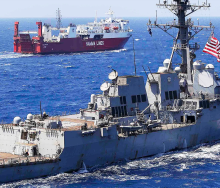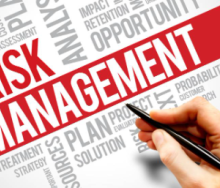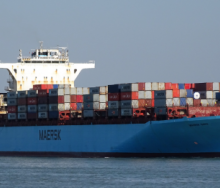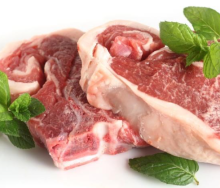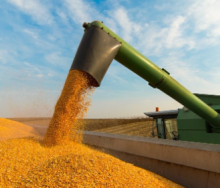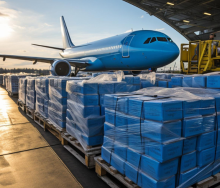Following Russia’s invasion of Ukraine early on Thursday, energy costs are soaring, stocks are plunging, Western sanctions are being sharpened, and central bankers, already worried about inflation, face additional problems, from weaker consumer confidence and bigger potential shocks to fragile European economies.
This will not be good for energy prices, production, or trade.
We are already seeing a spike in energy prices.
This will have knock-on effects on production, especially in Europe, which will dent the recovery of trade from the Covid recession.
Russia is the world’s 16th-largest goods exporter, with petroleum, coal and gas being the biggest categories.
Ukraine ranks 48th, led by shipments of grain and iron ore, according to 2020 data from the World Trade Organization.
Undermining the rule of law and increased risk always mean increased uncertainty and costs for firms operating in trade.
Hopefully, though, the rest of the world will come together and show a unified front in terms of hard-hitting sanctions towards Russia that will work as a deterrent from further escalation and humanitarian as well as economic losses.
For global supply chains, a conflict in Ukraine could generate a wide range of challenges.
The risks extend beyond higher energy costs to include disrupted airspace in the region, higher rates for shipping insurance and cyberattacks.
Yesterday oil surged above $100 a barrel for the first time since 2014, triggering fears of a disruption to energy exports at a time of already tight supplies.
As for key commodities, Ukraine has a vast network of infrastructure that’s key to supplying raw materials from crops and steel to Europe and beyond.
The energy-cost spike represents a double-blow to the world economy by further denting growth prospects and driving up inflation.
The US and Europe have pledged a harsh package of penalties that go beyond the punishments inflicted on Moscow after the Russian annexation of Crimea in 2014.
In the immediate vicinity, there are already shipping disruptions.
Russian ports on the Black Sea account for 15% of container imports and exports, its Baltic ports account for close to 50% and its Far-Eastern ports – which are the least likely to be affected – account for 35%.
The important thing for all in shipping is to stay clear of breaching sanctions.
This goes for operators, owners and shippers.
While the full impact of western trade sanctions remains to be seen, they're likely to have less bite than a decade ago.
Over the past decade the percentage of Russia imports sourced from the EU had fallen to 34% from 38%, while the share of Russian imports sourced from China had risen to 21% from 15%, Bloomberg reported.


